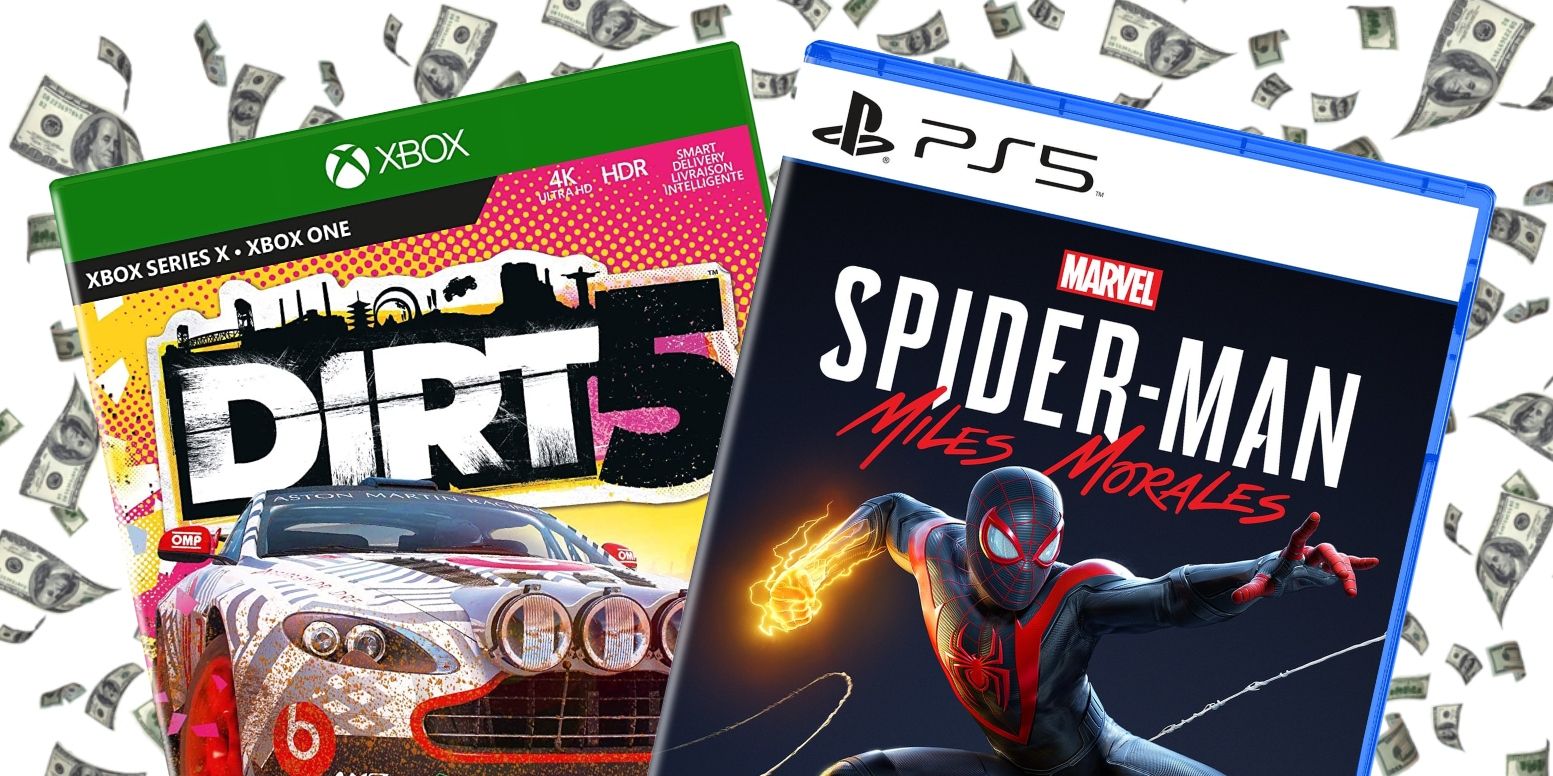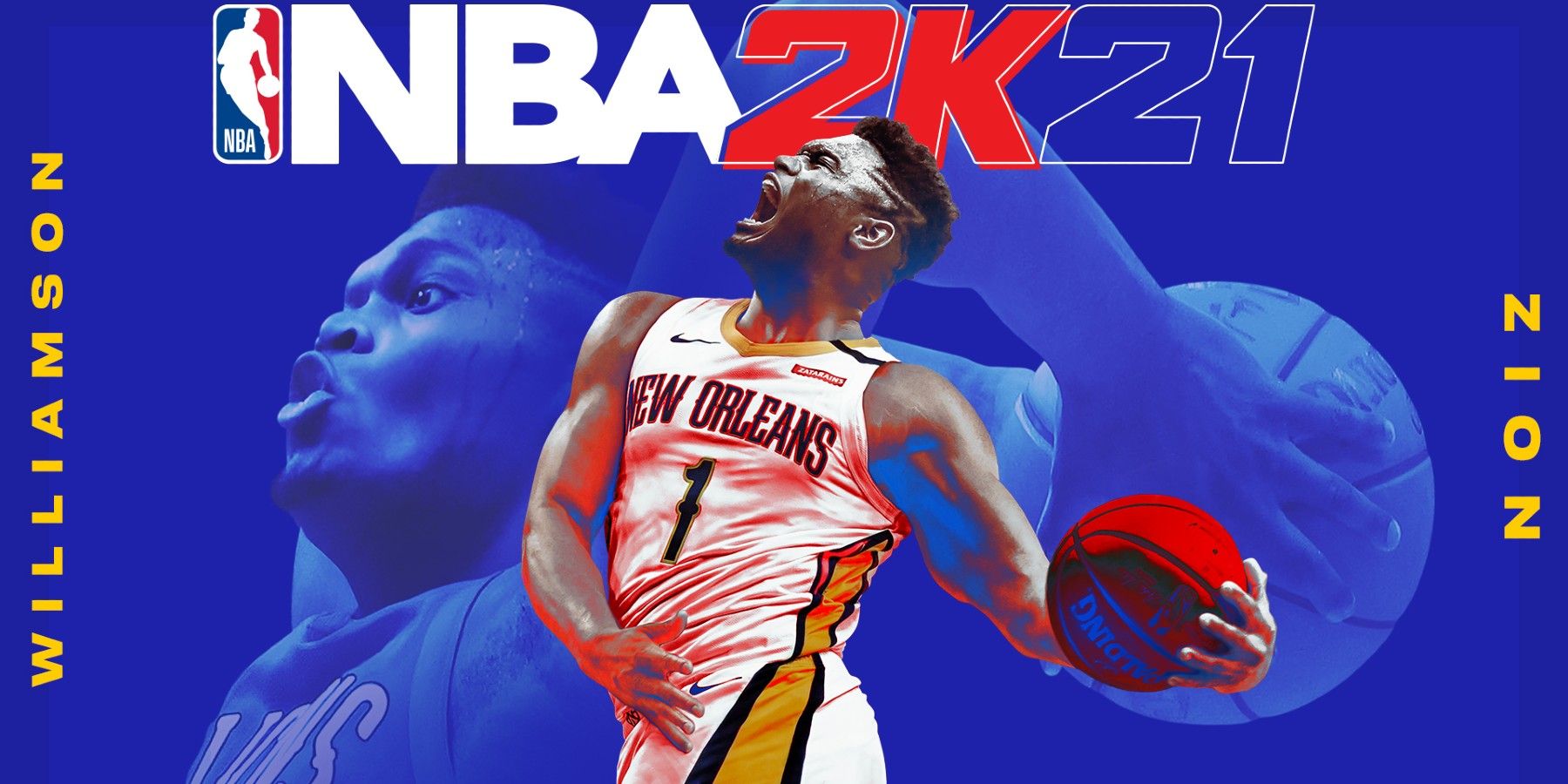At least one next-gen title will cost $70, and a widespread $10 price hike for PlayStation 5 and Xbox Series X games seems inevitable. Some fans might think this is reasonable, due to the rising cost of AAA game development. But loot boxes and other in-game purchases assure publishers are already making far more than $70 on current-gen game sales. Adding $10 to PS5 and Series X price tags is nothing more than another nickel-and-diming microtransaction.
Publisher 2K's announcement that next-gen versions of NBA 2K21 are priced at $70 cemented the possibility of certain PS5 and Series X games costing more. Increasing that game's price, in particular, was a bold decision, as the NBA 2K series is notorious for its heavy implementation of luck-based microtransactions, and subsequent price reveals, like that of Ubisoft's Far Cry 6, show not every PS5 and Series X game will cost $70 at launch.
Speaking to Ars Technica, an NBA 2K spokesperson said the company felt fans would agree 2K21's price is justified, given "the value of what's being offered: power, speed, and technology that is only possible on new hardware." 2K wouldn't say whether $70 would be standard for its other next-gen games, as this will likely depend on the success of 2K21's price point. But if the proliferation of microtransactions has taught the games industry anything, it's that publishers will charge as much as possible.
Why PS5 And Xbox Series X Games Shouldn't Cost $70
Ever since Oblivion's infamous horse armor DLC pack, video game publishers have made a regular habit of including small bits of extra content - often cosmetic - for small price points. Even though most of these in-game purchases are optional, companies rely on psychological manipulation via social cues, peer pressure, and exploitation of mental illnesses (anxiety, OCD, spending addictions, etc.) to get players to buy in. Video essay YouTube channel Folding Ideas summarized these practices as "manufactured discontent," exemplified by Fortnite's season pass and in-game store.
Using manufactured discontent, publishers like 2K have been able to make massive amounts of money off microtransactions. According to an earnings report, 2K and Rockstar parent company Take-Two earned $2.379 billion in digitally-delivered net revenue between March 2019 and March 2020 - a growth of 41% over the previous year's $1.682 billion - which accounted for 77% of its total net revenue. The company listed "NBA 2K20 and NBA 2K19" first in its list of top digital-earning games.
Publishers can charge whatever they want for their games. At least under capitalism's rules, if people buy it, it's justified. That's what allows Xbox's Phil Spencer to say next-gen game pricing is up to gamers. But fans who come to these publishers' defense should ditch they myth that games need to become more expensive to sustain themselves. Current-generation games already implement predatory monetization methods to squeeze much more than $70 out of their players. Raising the price $10 won't make microtransactions go away, and it won't stop companies like EA and Activision from massively overpaying their CEOs, laying off hundreds of employees after record earnings, or creating workplaces that demand long hours of crunch. AAA publishers don't need to increase PlayStation 5 and Xbox Series X games' base prices, plain and simple. But, of course, they'll do it anyway.


